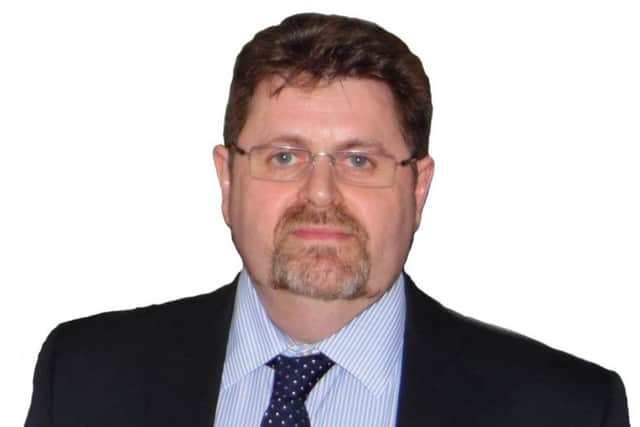Sunderland addiction service boss welcomes change in legal high law but urges for better education


From tomorrow, a host of rules will come into use surrounding psychoactive substances, which produce similar affects to drugs such as cannabis, cocaine and ecstasy.
It will become an offence to produce, supply, offer to supply, possess with intent to supply, possess on custodial premises, import or export psychoactive substances.


Advertisement
Hide AdAdvertisement
Hide AdThese cover any substance intended for human consumption that is capable of producing a psychoactive effect.
The maximum sentence will be seven years’ imprisonment.
The change comes after police in Sunderland took action against one shop, which was selling the chemicals.
The former Hippydrome store in Fawcett Street was first given an interim closure order before Sunderland Magistrates’ Court granted a three-month ban under the Antisocial Behaviour, Crime and Policing Act 2014.


Its customers where said to have caused a host of problems in the city centre.
Advertisement
Hide AdAdvertisement
Hide AdThe shop's owner told the court he had destroyed the substances and was planning to cease trade.
Wearside experts say legal highs, which have been sold at “pocket money prices” and have been aimed at younger customers.
They have also seen them used by people who have been in prison, partly because tests have not searched for them in inmates’ systems.
In addition to chemicals which are smoked or injected, gases such as nitrous oxide, or hippy crack, have become popular, harking back to when solvent abuse was a greater issue.
Advertisement
Hide AdAdvertisement
Hide AdSide affects can include vomiting, dizziness and an increased or decreased heart rate, with behaviour such as violence, aggression and paranoia also seen in those who have taken them.
As the new rules come into use over New Psychoactive Substances (NPS), John Devitt, chief executive of Sunderland substance misuse service Counted4, has spoken of how he hopes the change will help prevent further harm.
He said: “The term legal high really is a misnomer, but it means anything that is not already legislated against and there isn’t any quality control, it could be anything you find in a laboratory.
“The real value of this will be that the authorities will be able to challenge anyone selling them and it will get them off the high street, so they won’t be on sale in head shops, takeaways or garages.
Advertisement
Hide AdAdvertisement
Hide Ad“It won’t stop people taking them, but it will make them harder to find.”
He added he hoped the service and the authorities will see a decline in the use of the substances and a fall in drug-related hospital admissions, with the fact the substances were developed quickly making it difficult to overdoses and addiction than it is for traditional drugs.
He added young people must be educated about the dangers.
The new law excludes legitimate substances, such as food, alcohol, tobacco, nicotine, caffeine and medical products, as well as controlled drugs, which continue to be regulated by another misuse of drugs act.
It also exempts healthcare activities and approved scientific research on the basis they have legitimate need to use psychoactive substances in their work.
Advertisement
Hide AdAdvertisement
Hide AdHowever, it will allow civil sanctions to be carried out, from prohibition notices and premises notices, which will allow the police and councils to respond to the supply of the chemicals.
The new law also provides powers to stop and search people, vehicles and vessels, enter and search premises in accordance with a warrant, and to seize and destroy psychoactive substances.